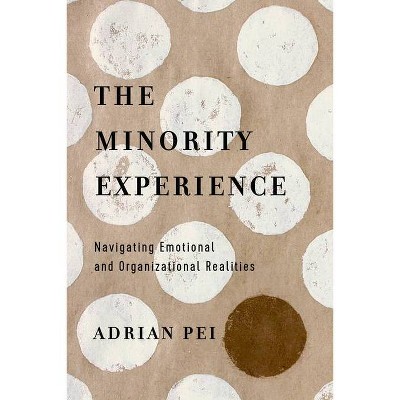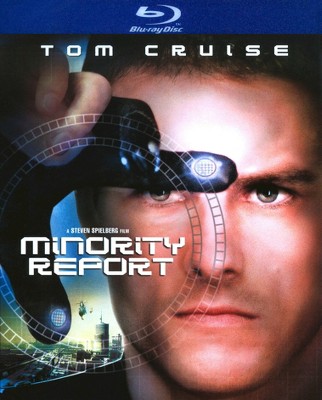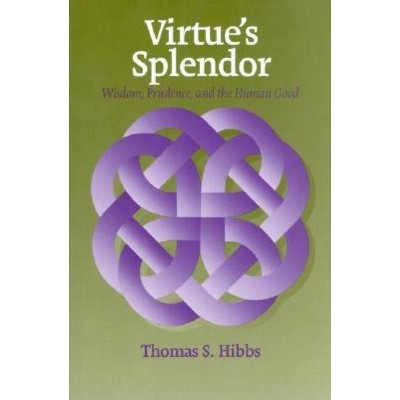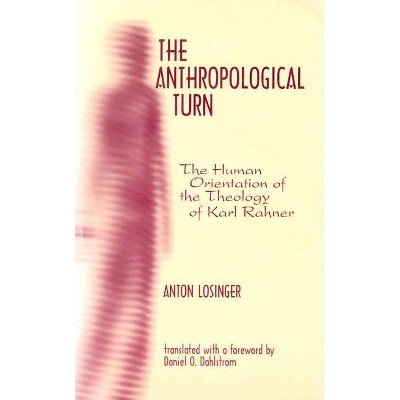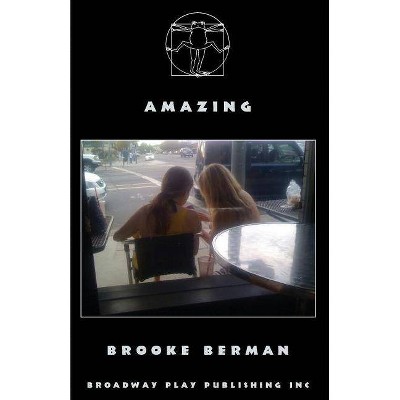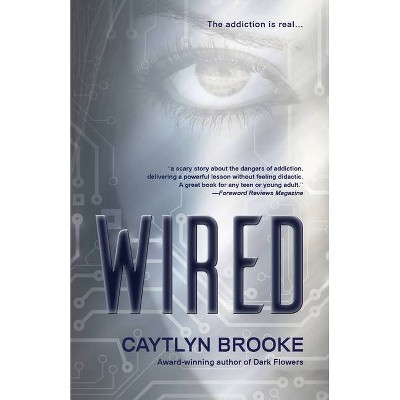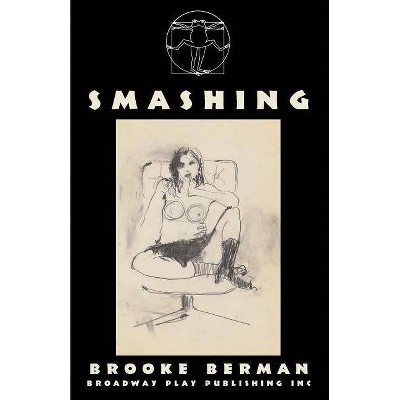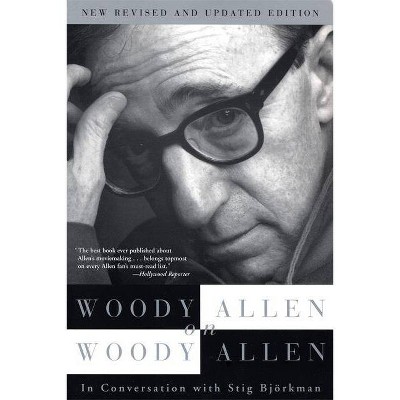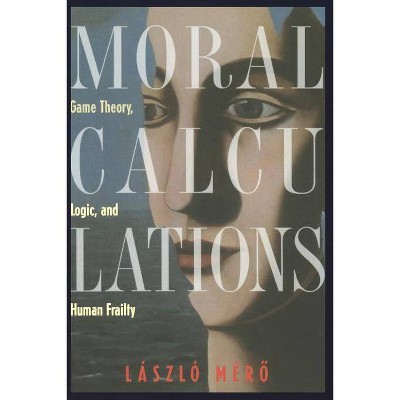Moral Minority - by Brooke Allen (Paperback)
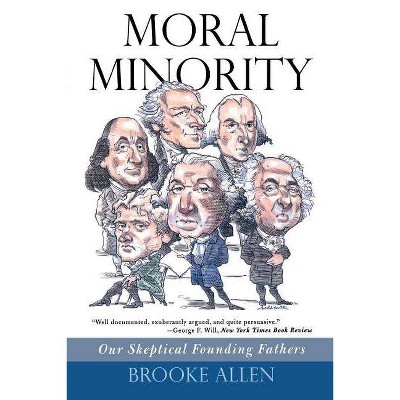
Similar Products
Products of same category from the store
AllProduct info
<p/><br></br><p><b> About the Book </b></p></br></br>In her lively refutation of modern claims about America's religious origins, Brooke Allen looks back at the late eighteenth century and shows decisively that the United States was founded not on Christian principles at all but on Enlightenment ideas. Enlivened by generous port...<p/><br></br><p><b> Book Synopsis </b></p></br></br>In her lively refutation of modern claims about America's religious origins, Brooke Allen looks back at the late eighteenth century and shows decisively that the United States was founded not on Christian principles at all but on Enlightenment ideas. Moral Minority presents a powerful case that the unique legal framework the Founding Fathers created was designed according to the humanist ideals of Enlightenment thinkers: God entered the picture only as a very minor player, and Jesus Christ was conspicuous by his absence. The guiding spirit of the Declaration of Independence and the U.S. Constitution, Ms. Allen explains, was not Jesus Christ but John Locke. In direct and accessible prose, she provides fascinating chapters on the religious lives of the six men she considers the key Founding Fathers: Franklin, Washington, John Adams, Jefferson, Madison, and Hamilton. Far from being the conventional pious Christians we too often imagine, these men were skeptical intellectuals, in some cases not even Christians at all. Moral Minority presents unforgettable images of our iconic founders: Jefferson taking a razor to the Bible and cutting out every miraculous and supernatural occurrence; Washington rewriting speeches others had crafted for him, so as to omit all references to Jesus Christ; Franklin and Adams confiding their doubts about Christ's divinity; Madison expressing deep disapproval over the appointment of chaplains to Congress and the armed forces, and of what we would now call "faith-based" initiatives. Enlivened by generous portions of the founders' own incomparable prose, Moral Minority makes an impassioned and scintillating contribution to the ongoing debate-more heated now than ever before-over the separation of church and state and the role (or lack thereof) of religion in government.<p/><br></br><p><b> Review Quotes </b></p></br></br><br>[Written] in a brisk, highly readable style.--Village News<br><br>A mighty case for the religious questioning of America's Founding Fathers . . . thoughtful, diligently researched and often eyebrow-raising.--Blue Ridge Business Journal<br><br>Ably demonstrates the uncontroversial thesis that many of the founding fathers were not very devout.--Old Durham Road<br><br>Allen's book . . . brings the substantial literary talents of a public intellectual to the dialogue on church and state in America.--Journal of Southern History<br><br>Her argument marks a salient starting point for an informed debate on a compelling topic. Those who call the U.S. a 'Christian Nation' when referring not only to the religious beliefs of its citizens but to the structure and intention of its government ought to welcome the contrarian challenge she poses.--Richmond Times-Dispatch<br><br>Careful and provocative reading. . . . Allen's book is welcome counterweight.--Darryl Hart, Hillsdale College<br><br>Allen provides honest answers to the questions about the religious beliefs and practices of Washington and the other key founders.--Myron A. Marty "St. Louis Post-Dispatch "<br><br>This is an excellent book about the beliefs of the six founders and well worth a read. Highly recommended.--Marty Dodge "Blogcritics "<br><br>Allen's clear and intelligent eye is a pleasure . . . a fine small book.--Peter Matthiessen, novelist and non-fiction writer, twice winner of the National Book Award<br><br>Well documented, exuberantly argued and quite persuasive.--George Will, winner of the Pulitzer Prize "The New York Times "<br><br>Allen delivers a rationalist polemic against those who would make of the American Founders observant, believing Christians in the modern sense. . . . Ms. Allen writes with facility.--Aram Bakshian Jr. "The Wall Street Journal "<br><br>Allen lucidly demolishes the fundamentalists' revisionist history of the Constitution. . . . An elegant and riveting defense.--Heather MacDonald<br><br>Enlightening, infectiously enthusiastic scrutiny.--Ray Olson "Booklist "<br><br>Examine[s] the . . . Founding Fathers to convincingly demonstrate that Christian belief did not guide their political thinking . . . an excellent concluding chapter.--Milton Berman "Magill Book Reviews "<br><br>If our right-wing adversaries insist on claiming that Washington and Franklin actually wanted the United States to be a Christian theocracy, Allen's book certainly can help to refute that outrageous lie.--Emile Schepers "People's Weekly World "<br><br>Informed by substantial research in their writings and provides numerous quotations.--Allen Gibson "The Historian "<br><br>Meticulously researched and eminently readable. . . . Enthusiastically recommended for all collections.--D. L. Davey "Library Journal "<br><br>A small, and wildly underappreciated book.--Nicholas F. Benton "Falls Church News-Press "<br><br>Ms. Allen succeeds perfectly.--Adam Kirsch "New York Sun "<br><br>This is a thoughtful, well-written book.--Alvena Bieri "Newspress "<br><p/><br></br><p><b> About the Author </b></p></br></br>Brooke Allen's Twentieth-Century Attitudes was a New York Times Notable Book of the Year. She has also written Artistic License. Her critical writing appears frequently in the Times Book Review, The Atlantic Monthly, The New Criterion, The Hudson Review, The Nation, and The New Leader. She lives with her husband and two children in Brooklyn, New York.
Price History
Price Archive shows prices from various stores, lets you see history and find the cheapest. There is no actual sale on the website. For all support, inquiry and suggestion messagescommunication@pricearchive.us

